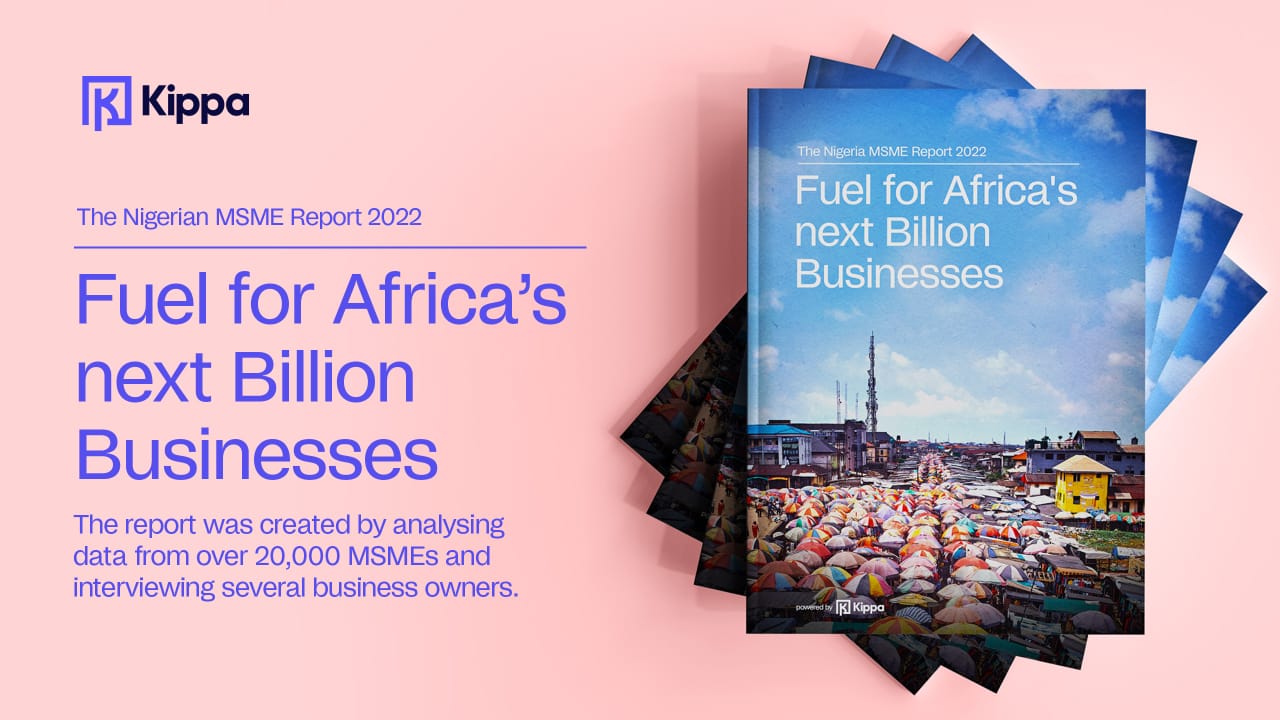Small and medium-sized enterprises are the backbone of the African economy; however, they face compounding challenges which make building and solving for this segment particularly unique. African MSMEs also experience inadequate support from government institutions making private owned companies the order of the day for business management, credit provision and advisory services relevant to SMEs.
SMEDAN estimates that there are approximately 39.6 million MSMEs in Nigeria as of 2020, with a population of 200 million. Compared to other countries with higher populations, such as the United States with 30 million MSMEs, India with 42 million MSMEs, China with 38 million MSMEs, and Indonesia with 64 million MSMEs, it is clear that Nigeria and Africa have significantly more entrepreneurs than these other regions.
After operating for over a year and serving about 500,000 merchants, Kippa has put together this Nigerian MSME report. This report aims to show investors, founders and stakeholders the need for more investment in technological services for Nigerian MSMEs.
The report provides a comprehensive understanding of how small and medium-sized businesses operate in Nigeria and Africa, the unique business environment, the challenges encountered, and insights into how technology can create solutions and foster growth.
The Attributes
It would be impossible to build for these businesses without understanding where they are and what problems they face. According to the report, the South-West dominates the Nigerian SMEs in distribution, with 51% of the 20,000 MSMEs surveyed operating from the South-West. Upon even further investigation, Kippa discovered that half of Nigerian SMEs use a Business-To-Customer model where they provide either products or services to direct consumers with apparel, food/restaurants, and grocery stores leading the way in business categories with the most merchants.
Another unexpected turn in the report shows that the most significant impediment to MSMEs’ growth is not a lack of capital; instead, it is a lack of the skills necessary to manage a successful firm, as well as a lack of process, corporate structure, and business acumen.
The People
The Kippa MSME report also touches on the class and distribution of SMEs with data. It shows that the majority of SME owners polled were between the ages of 20 and 50 and have some literacy level, suggesting that many SME owners can use technology to help their businesses grow. Also highlighted is the gender distribution of MSMEs, with 52% owned and operated by males and 48% by females.
The Market
Within nine months of operation, Kippa merchants have recorded over $3 billion in transactions showing the financial capabilities of MSMEs within Nigeria. Seasonal periods like the end of the year are also peak periods for merchants. Our customers logged clothing/apparel, retail/grocery stores, food vendors/restaurants and pharmacies dominating sales during peak periods. After speaking to merchants, the report concluded that consumers are more inspired to buy more groceries, upgrade their electronics and lighting, purchase new devices towards the end of the year, and begin the new year with a new resolution.
According to Kennedy Ekezie-Joseph, the CEO and Co-Founder of Kippa, “The Nigeria MSME Report 2022: a first-of-its-kind foray into the performance of small businesses across Nigeria. For this report, we surveyed thousands of small businesses to answer questions bordering on the challenges SMEs have to weather to make ends meet. Kippa is fast unlocking very powerful data and insights that have previously been walled off to stakeholders. We are building an engine that will, hopefully, forever change how Nigerian small businesses operate – and this is a small step in that direction”.
The latest Magnitt report on Venture Capital in Emerging Markets, published on July 13, noted that the African venture market raised $2 billion in funding in the first half of 2022, marking a 192% growth compared to 2021. The funding resulted in 387 deals, up 31% from the first half of 2021. The MSME industry is ripe to be one of the fastest-growing industries.
Download the 2022 Nigeria MSME Report here









